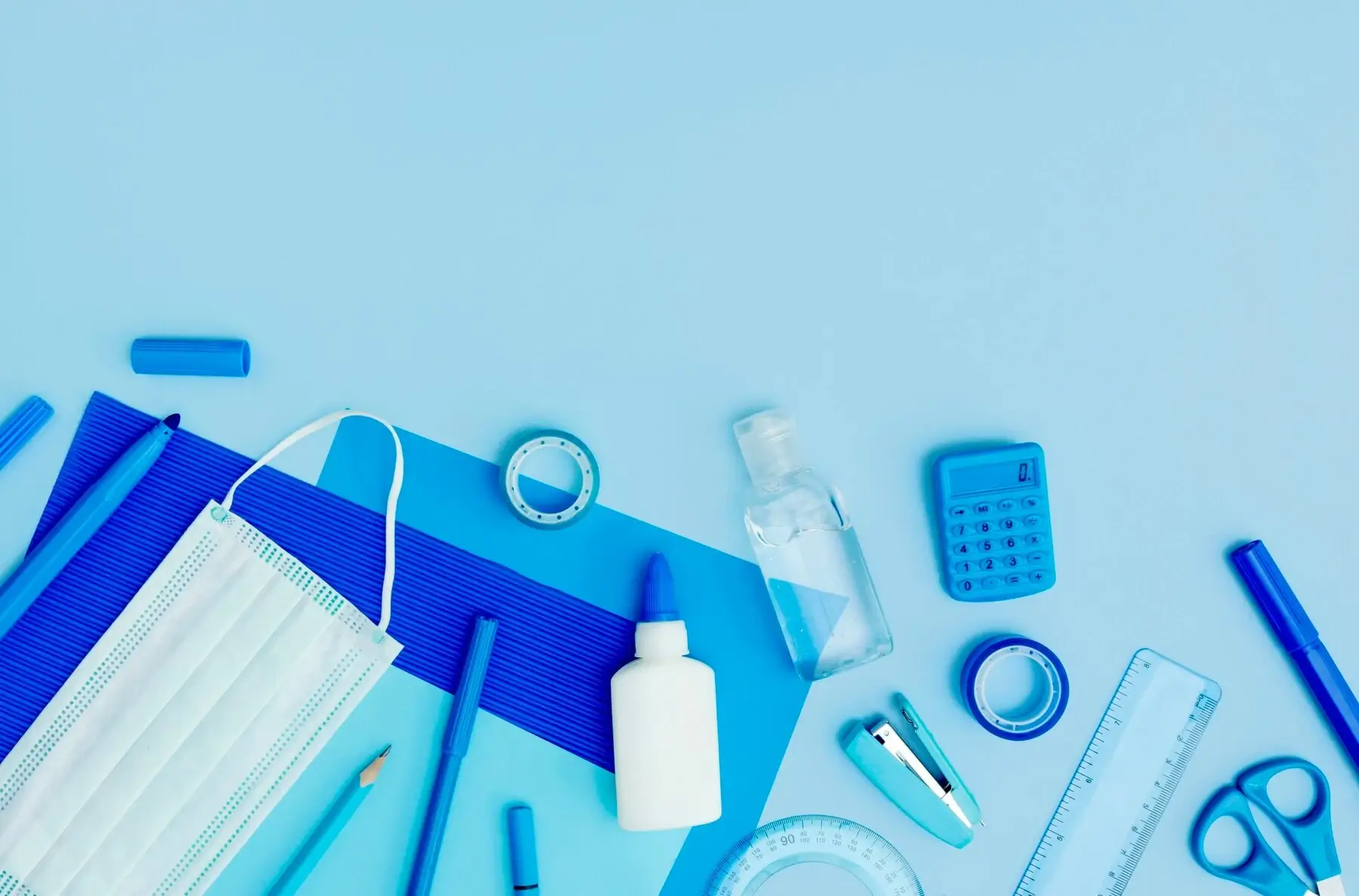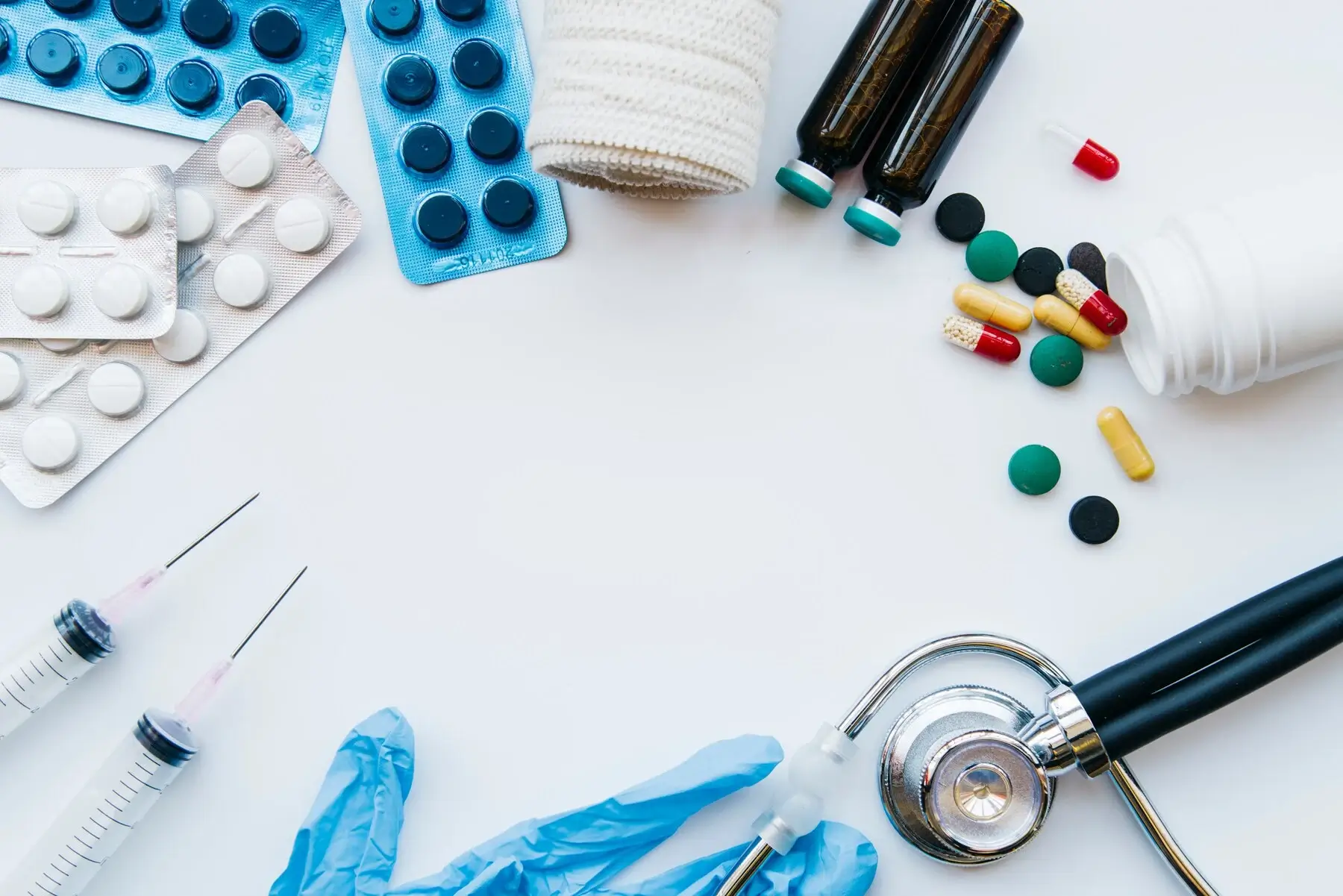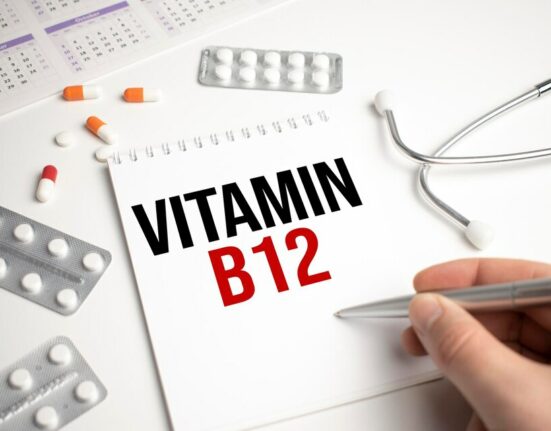In addition to academic rigor and commitment, preparing for a career in medicine also involves having the appropriate tools and resources to support efficient study and practice. Having the appropriate materials may make a big difference in your performance, whether you’re a resident getting ready for board examinations, a medical student in the thick of things, or a pre-med student getting ready for medical school. This post lists the top seven medical preparation essentials that can improve your education and enable you to succeed in your medical career.
High-Quality Stethoscope
A top-notch stethoscope is a necessary instrument for any medical practitioner or student. You may listen to the sounds of your heart, lungs, and other body parts using this equipment, which is quite useful for identifying different medical disorders. Purchasing a high-quality stethoscope, like the Littmann model, guarantees that you have a sturdy instrument with undistorted audio. Think about things like comfort, durability, and acoustic sensitivity while choosing a stethoscope.
Medical Textbooks and Review Books
Thorough medical literature and review materials are essential for in-depth education and test-taking readiness. Textbooks with in-depth material on human anatomy and internal medicine, respectively, include “Gray’s Anatomy” and “Harrison’s Principles of Internal Medicine”. Review guides such as “First Aid for the USMLE Step 1” are also very helpful in distilling complex knowledge and offering drills. Keeping up to date with the most recent medical research and comprehending intricate medical ideas need the use of these resources.
Digital Tools and Apps

Using technology in the digital era may greatly improve your medical readiness. Anki, UptoDate, and Medscape are a few examples of digital tools and apps that provide interactive learning opportunities and mobile access to medical information. Anki, for instance, is perfect for learning difficult medical vocabulary and concepts since it employs spaced repetition to help you recall knowledge more successfully. You may remain up to date on current medical practices by using UptoDate and Medscape, which provide you access to the most recent clinical recommendations, pharmacological information, and medical research.
Anatomy Models and Dissection Kits
Dissection kits and anatomy models are essential for developing a practical grasp of human anatomy. Understanding anatomy requires being able to see and investigate the structures of different organs and frameworks, which these tools let you do. Superior human cerebral cortex, heart, and other organ models may offer a concrete educational experience that enhances your textbook readings. Dissection kits allow you to practice surgical methods and obtain a greater grasp of anatomical linkages. They come with scalpels, a pair of force scissors, and other equipment. You may strengthen your theoretical knowledge and improve your practical abilities by using these kits at home or in anatomy laboratories.
Diagnostic Tools
Clinical skill practice requires diagnostic instruments such as otoscopes, reflex hammers, and blood pressure cuffs. With the aid of these instruments, you may carry out essential diagnostic examinations and evaluations, which are necessary for every medical practitioner. Purchasing high-quality diagnostic equipment guarantees precision and dependability in clinical settings. To measure blood pressure and detect hypertension, for example, a blood pressure cuff is required. Reflex testing using a reflex hammer and tympanic membrane examination with an otoscope are two ways to evaluate neurological function.
Lab Coats and Scrubs
Professional clothing is essential for every medical student or practitioner, including lab coats and scrubs. Wearing lab coats for clinical rotations, laboratories, and patient contacts keeps your clothes safe and professionally presents you. Good lab coats with many pockets are useful for holding pencils, notepads, and other small instruments. Scrubs are practical and cozy clothing for extended shifts at a clinic or hospital. Their design prioritizes durability, ease of cleaning, and suitability for use in a clinical setting.
Flashcards and Study Guides
For active learning and test preparation, study aids like study guides and flashcards are crucial. Flashcards are a great tool for learning medical words, medicine names, and disease processes, especially ones that use the spaced repetition approach, such as Anki. Making your own or purchasing pre-made flashcards might help you learn more effectively and retain it longer. Study aids with high-yield content, like the step 1 study schedule, provide concise explanations and are especially helpful for last-minute edits and easy access during study sessions. Study guides and flashcards together offer a thorough method for learning medical content.
Conclusion
Having the appropriate medical preparation materials on hand is essential for success in the hard-charging medical industry. A complete preparation approach should include a high-quality stethoscope, thorough textbooks, digital tools, anatomical models, diagnostic instruments, professional apparel, and useful study aids. Purchasing these essential items will help you advance in your medical path by improving your learning process, honing your practical abilities, and building your confidence. Always keep in mind that being well-prepared is essential for success and that having the appropriate resources at your disposal may really help you reach your objectives.






